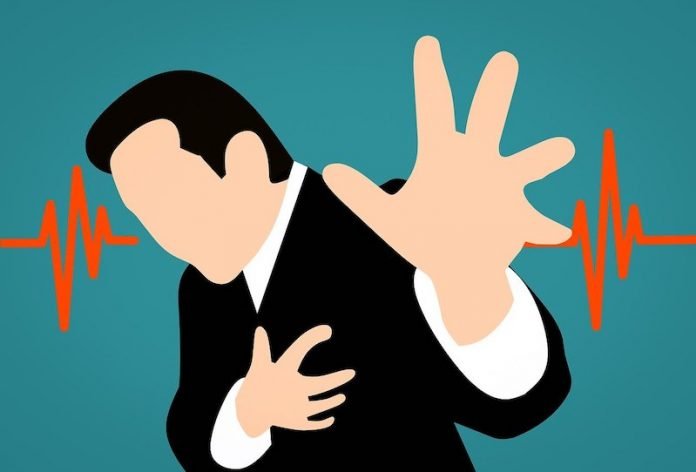
In a new study, researchers found that opioid overdose victims who suffer cardiac arrest are distinctly different from other cardiac arrest patients.
But they may be more likely than others to survive long enough to be admitted to a hospital
The research was conducted by a team at the Maine Medical Research Center and elsewhere.
The team identified all emergency 9-1-1 responses in Maine for non-traumatic, out-of-hospital cardiac arrests, particularly noting opioid-overdose cases or cases when the overdose rescue medication naloxone was administered.
There were 3,131 EMS responses in Maine in 2016-2017 for out-of-hospital cardiac arrests, of which 168 were attributed to opioid overdose.
Compared to other cardiac arrest victims, the team found that drug overdose-associated cardiac arrest victims were younger (35 versus 62 years of age), less likely to have other chronic medical conditions, had cardiac arrests in a public area or witnessed by others, were more likely to receive bystander cardiopulmonary resuscitation (27% versus 16%), and were more likely to report using illicit drugs (19% versus 2%).
The team also studied whether living in urban or rural locations made any difference and found that opioid-related incidents were three times more likely in metropolitan or large rural areas versus smaller, more remote locations.
In addition, the odds of overdose patients surviving to the emergency department were 80% higher than for those suffering a non-opioid-related cardiac arrest.
The team says cardiac arrests due to opioid overdose are increasingly common and make up a separate population that should be researched and cared for as a separate group in order to improve overall outcomes.
Patients who suffer a cardiac arrest due to opioid overdose should be recognized and studied as an entirely different type of cardiac patient.
They may require different pre-hospital and in-hospital treatment than other patients with cardiac arrest.
One author of the study is Teresa May, D.O., a researcher in Portland.
The study was presented at the American Heart Association’s Resuscitation Science Symposium 2019.
Copyright © 2019 Knowridge Science Report. All rights reserved.



